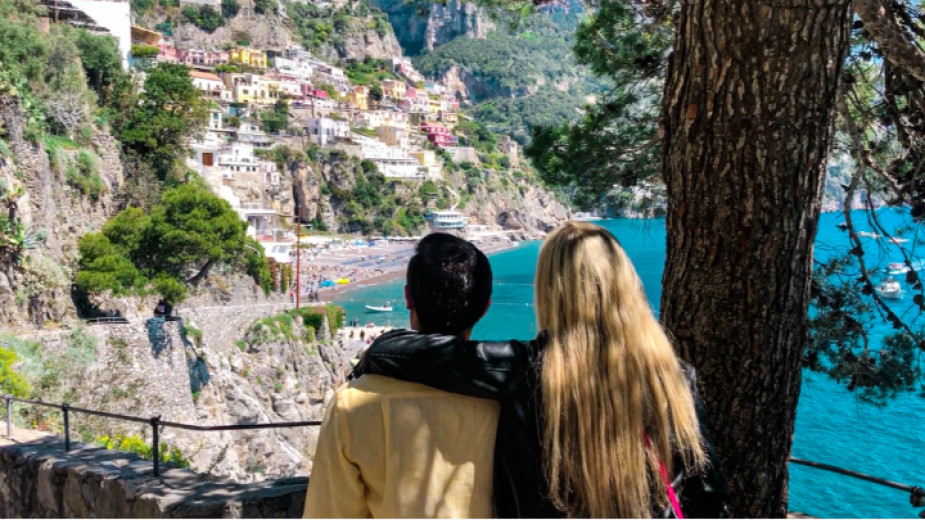 7
7
This summer, Bulgarians rushed to make up for missed opportunities for overseas trips and holidays after the two-year pandemic and sanitary restrictions. In an effort to get ahead of possible new anti-covid restrictions, they are booking trips to destinations near and far even after the holiday season is over.

In the past few months, many chose the Mediterranean over the Black Sea coast, the most popular overseas destinations being Greece and Turkey, as usual.
"Of course, there was a great interest in other destinations, such as Italy and Spain, but given the higher prices of the service, the demand was limited" - said Dimitrina Goranova, tour operator and chairman of the Association of Bulgarian Tour Operators and Travel Agents.

Germany, and the neighbouring Balkan countries of Romania, North Macedonia and Serbia were the fther destinations of choice. Outbound travel in August increased by almost 19% compared to the same period in 2021, according to the National Statistical Institute.
Neither the escalating military conflict nearby, nor the economic and food crises, nor the galloping inflation can deter Bulgarians from their dream trip abroad. On the contrary, there is a feverish desire to travel, which seems to be intensifying as the situation worsens.

"If we are to compare the Bulgarian consumer with the Western European one, Bulgarians have not yet taken serious measures to limit their travel expenses and reduce their spending in the conditions of inflation and recession," says Dimitrina Goranova.
However, we expect the impact of the crisis to be felt in the coming winter season. Moreover, Bulgarians are not as conservative in terms of spending as, for example, the German consumers, who started to carefully reduce consumption and travel as early as August. Our compatriots do not like to be restricted at all. After two years of restrictions, they need to travel and feel free."

Thailand, Cambodia and Vietnam are among the preferred exotic destinations, we hear from Dimitrina Goranova. But interest in European travel has not diminished either, despite the serious rise in airfares. According to a leading global flight booking platform, this summer they have risen by an average of 13%.

"Unfortunately, the increase in airfares is much higher than 13% and this is an irreversible process. It will certainly affect air travel. However, for the time being there is no increase in demand for closer destinations or a reduction in air travel. But I expect destinations, where the price of the plane ticket is the determining factor in pricing the package, to become less affordable. And people on lower incomes are likely to reduce demand for such travel."

Is low-cost travel coming to an end? According to Goranova, it has already happened. "Low-cost travel will remain only in our memories!" she believes and adds that despite everything, Bulgarians will not give up travelling because travel is part of globalisation.
Photo credit: Veneta Nikolova
English version: Elizabeth Radkova
An exhibition showcasing iconic cultural and natural tourist sites from Bulgaria has been opened in front of the Bulgarian Embassy in Stockholm. "Bulgaria is a country with an impressive history, rich cultural and historical heritage and..
The winter resort of Pamporovo in the Rhodope Mountain is crowded. We are experiencing a strong season and an increase in tourists from Romania, Greece and Serbia. This was told to BTA by Dimitar Gerdzhikov from Pamporovo AD. Gerdzhikov added..
Eight thousand years ago, one of the most mysterious cultures in the Balkans emerged in the area of the present-day village of Dolnoslav. In the area of Asenovgrad , between the plain and the mountains, archaeologists uncover settlement mounds..

+359 2 9336 661
